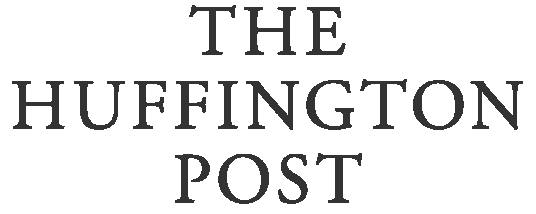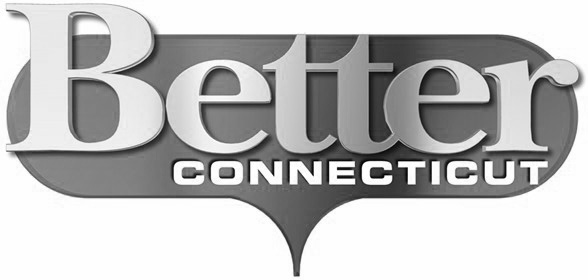 Someone recently said to me, “Carol, you’re a self-actualizing machine,” with admiration for my commitment to my health goals.
Someone recently said to me, “Carol, you’re a self-actualizing machine,” with admiration for my commitment to my health goals.
But I heard a powerlessness in her comment, like she couldn’t consistently eat healthy or commit to her goals like I do, even though she might want to.
I said to her, “Bottom line, my effectiveness in life directly lines up with my commitment to me and the actions I take everyday, or not. I, like you, falter in my healthy commitments, IF I don’t stick with my daily personal care practices.”
Have you ever prepared your green juice or smoothie for the day, but you ate the croissant instead?
Or have you ever packed your gym bag ready-to-go for your morning class, but found yourself pressing the snooze button so many times that it was too late to go?
Or have you ever sat looking at the green apple you packed for your snack, as you licked the sugar off your finger tips from the donut you bought instead.
I’ve done it all and more. I know how it goes. Even still.
If I do not take care of me first.
So I began to study winners, like Olympic athletes, famous sports-figures and successful entrepreneurs.
I wanted to learn how to apply the very strategies they apply to achieving results, to my goal to restoring my health.
And one thing they all seem to share in common is a consistent morning routine, with journaling a cornerstone.
Journaling.
I resisted journaling for years. I couldn’t wrap my head around it’s benefits.
I couldn’t slow myself down long enough to do it.
But once I began to develop momentum in writing every day, I discovered why so many endorse it.
Over time, I’ve learned several ways to journal. Each way offers awesome, but different benefit. Each way serves different goals.
Here are 3 ways to journal that I know can help in your get healthy game, and in life, the one simple tool to get help you get the health results you most want.
Morning Pages.
Julia Cameron, author of the book The Artist’s Way, recommends Morning Pages. This is hands-down my first and favorite journaling recommendation.
Morning Pages is the writing practice that feels like what I call prayer or psychotherapy on a page, because from the instruction to never stop writing until 3 pages of free-writing are filled, the most unexpected stuff comes up.
For example, some mornings my writing starts off with a Dear God letter where I pour my heart out about whatever I am feeling in that moment. Then my writing might turn to an ex-boyfriend, a current problem I’m experiencing in life, an idea I have for my business or just “talking” to my deceased Dad.
And that’s how the creative genius from journaling 3 free-writing pages happens. According to Cameron, releasing pent up thoughts, feelings and emotions makes way for the gold buried underneath the gunk.
But more than creative genius, Morning pages brings me back to me, to what’s important to me, to what I most want to accomplish. By journaling out all of the many thoughts that fill my mind that could impede me from staying focused on what really matters, I come home to me.
AKA creating myself as my client said, “a self-actualizing machine.”
Three Positive Things.
Journaling three positive things every night before bed is a perfect antidote to the burdens of the day. You will notice a marked improvement in your mood and overall attitude about life, even if you feel under pressure, by focusing on the good things that happened during the day.
Rather than a simple Polly-Anna, feel-good exercise, writing down three positive things that happened during your day has the power to transmute chronic negativity, because you’re focusing on the good.
Beyond that, you’ll begin to look for the good throughout your day, because you know you’ll want to record it later. It really heightens you mindful present to the goodness in every moment, yet another cut at the feel-good rewards of this journaling practice!
Ten Ideas a Day.
This is my new journaling practice recommended by best-selling author, podcaster and entrepreneur James Altucher. Altucher says it’s important to exercise our idea muscle everyday, so that we can come up with ideas when we need them. If we don’t flex the idea muscle, it will atrophy.
This journaling practice is hard work, at first. If like me, you’ll feel stuck and challenged, unimaginative and stagnant, at first.
Altucher recommends going to a local cafe, or reading an inspirational book for ten to twenty minutes to jar your idea bank. Then start writing down every idea that you can think of.
- Some ideas to spin off of:
- 10 things you can do to get healthy
- 10 things you can do to get fit and strong
- 10 adventures you want to plan
- 10 things you would invent
- 10 books you can write
- 10 business ideas for Google / Amazon / Twitter / you10 people you can send ideas to
- 10 podcast ideas, or 10 videos ideas
So, tell me…
Which journaling practice are you ready to try?
Which one resonates most with you, and why?
Leave a comment below!
Then get my guide to learn how to increase your energy, to add to your journaling practice, so you can feel vibrant and healthy every day. It’s going to change everything. Really.





